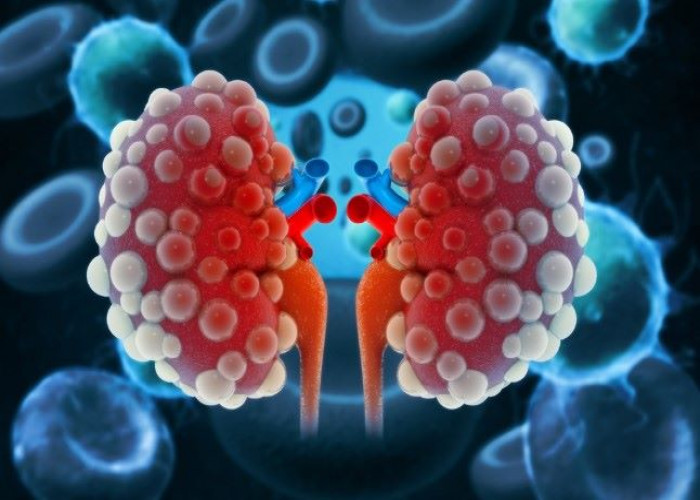 Welcome
Welcome
“May all be happy, may all be healed, may all be at peace and may no one ever suffer."
End-stage renal disease
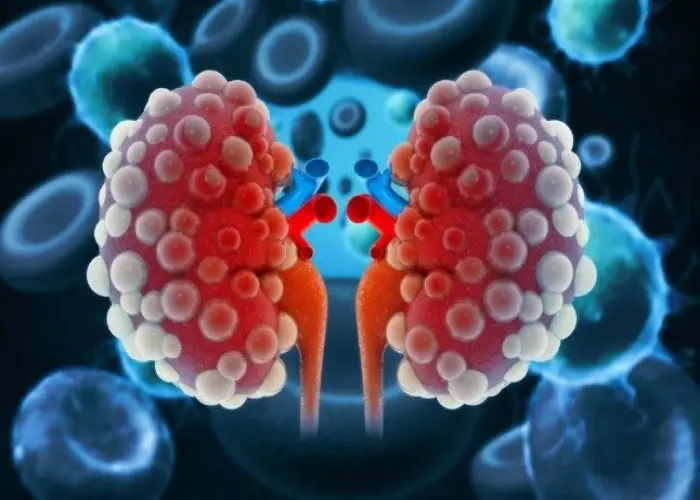
End-stage renal disease (ESRD) is a condition in which the kidneys have permanently lost their ability to function properly. This can be the result of many different causes, including chronic kidney disease, diabetes, high blood pressure, and autoimmune diseases.
When the kidneys are functioning normally, they remove waste and excess fluid from the body, regulate electrolyte balance, and produce hormones that regulate blood pressure and promote healthy bone development. In ESRD, these functions are severely compromised or lost completely, and patients may experience symptoms such as fatigue, weakness, nausea, and difficulty breathing.
Treatment for ESRD typically involves dialysis or kidney transplantation. Dialysis is a medical procedure that uses a machine to filter the blood and remove waste and excess fluids. There are two types of dialysis: hemodialysis, which is done in a dialysis center or hospital, and peritoneal dialysis, which can be done at home.
Kidney transplantation is another option for ESRD. This involves surgically transplanting a healthy kidney from a living or deceased donor into the patient. Transplantation can provide a more permanent solution to ESRD, but it requires lifelong immunosuppressant medications to prevent the body from rejecting the transplanted kidney.
Prognosis for ESRD varies depending on the underlying cause, the patient's overall health, and their response to treatment. With appropriate management, many patients with ESRD are able to live long and productive lives. However, the condition can also be life-threatening if left untreated or if complications arise.
Research Papers
Disease Signs and Symptoms
- Nausea or vomiting
- Itching
- Decreased mental sharpness
- Headaches
- High blood pressure (hypertension)
- Swollen feet and ankles (edema)
- Shortness of breath (dyspnea)
- Chest pain
- Weakness
- Fatigue (Tiredness)
- Loss of appetite
- Metallic taste in mouth
Disease Causes
End-stage renal disease
Kidney disease occurs when a disease or condition impairs kidney function, causing kidney damage to worsen over several months or years. For some people, kidney damage can continue to progress even after the underlying condition is resolved.
Diseases and conditions that can lead to kidney disease include:
- Type 1 or type 2 diabetes
- High blood pressure
- Glomerulonephritis (gloe-mer-u-low-nuh-FRY-tis) — an inflammation of the kidney's filtering units (glomeruli)
- Interstitial nephritis (in-tur-STISH-ul nuh-FRY-tis), an inflammation of the kidney's tubules and surrounding structures
- Polycystic kidney disease or other inherited kidney diseases
- Prolonged obstruction of the urinary tract, from conditions such as enlarged prostate, kidney stones and some cancers
- Vesicoureteral (ves-ih-koe-yoo-REE-tur-ul) reflux, a condition that causes urine to back up into your kidneys
- Recurrent kidney infection, also called pyelonephritis (pie-uh-low-nuh-FRY-tis)
Disease Prevents
End-stage renal disease
If you have kidney disease, you may be able to slow its progress by making healthy lifestyle choices:
- Achieve and maintain a healthy weight
- Be active most days
- Limit protein and eat a balanced diet of nutritious, low-sodium foods
- Control your blood pressure
- Take your medications as prescribed
- Have your cholesterol levels checked every year
- Control your blood sugar level
- Don't smoke or use tobacco products
- Get regular checkups
Disease Treatments
End-stage renal disease treatments include:
- Kidney transplant
- Dialysis
- Supportive care
Kidney transplant
A kidney transplant is a surgical procedure to place a healthy kidney from a live or deceased donor into a person whose kidneys no longer function properly. A kidney transplant is often the treatment of choice for end-stage renal disease, compared with a lifetime on dialysis.
The kidney transplant process takes time. It involves finding a donor, living or deceased, whose kidney best matches your own. You then have surgery to place the new kidney in your lower abdomen and attach the blood vessels and ureter — the tube that links the kidney to the bladder — that will allow the new kidney to function.
You may need to spend several days to a week in the hospital. After leaving the hospital, you can expect frequent checkups to monitor your progress as your recovery continues. You may take a number of medications to help keep your immune system from rejecting your new kidney and to reduce the risk of post-surgery complications, such as infection.
After a successful kidney transplant, your new kidney filters your blood, and you no longer need dialysis.
Dialysis
Dialysis does some of the work of your kidneys when your kidneys can't do it themselves. This includes removing extra fluids and waste products from your blood, restoring electrolyte levels, and helping control your blood pressure.
Dialysis options include peritoneal dialysis and hemodialysis.
Peritoneal dialysis
During peritoneal dialysis, blood vessels in your abdominal lining (peritoneum) fill in for your kidneys with the help of a fluid that washes in and out of the peritoneal space. Peritoneal dialysis is done in your home.
Hemodialysis
During hemodialysis, a machine does some of the work of the kidneys by filtering harmful wastes, salts and fluid from your blood. Hemodialysis may be done at a center or in your home.
For dialysis to be successful, you may need to make lifestyle changes, such as following certain dietary recommendations.
Palliative care
If you choose not to have a kidney transplant or dialysis, you can choose palliative or supportive care to help you manage your symptoms and feel better. You also can combine palliative care with kidney transplant or dialysis.
Without either dialysis or a transplant, kidney failure progresses, eventually leading to death. Death can occur quickly or take months or years. Supportive care might include management of symptoms, measures to keep you comfortable and end-of-life planning.
Disease Diagnoses
Disease Allopathic Generics
Disease Ayurvedic Generics
Disease Homeopathic Generics
Disease yoga
End-stage renal disease and Learn More about Diseases
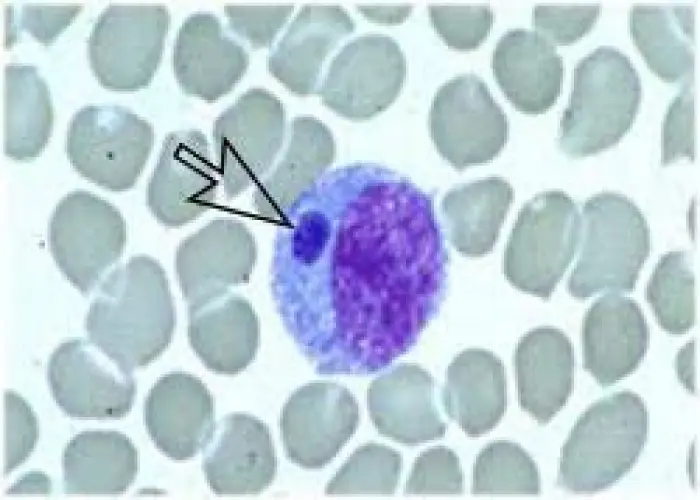
Ehrlichiosis and anaplasmosis

Pseudogout
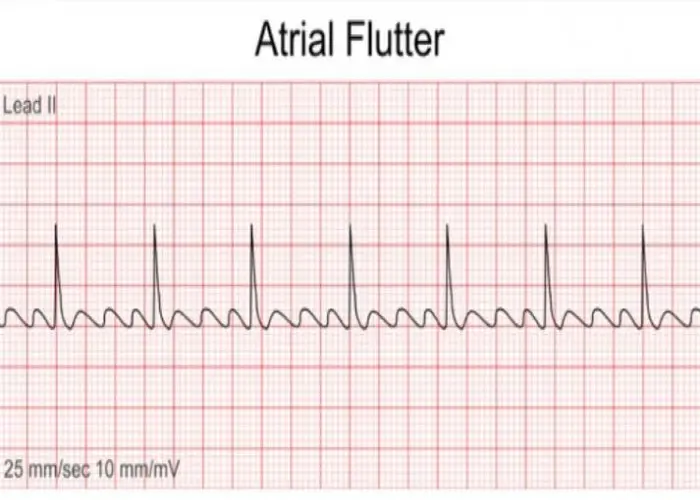
Atrial flutter

Pectus carinatum
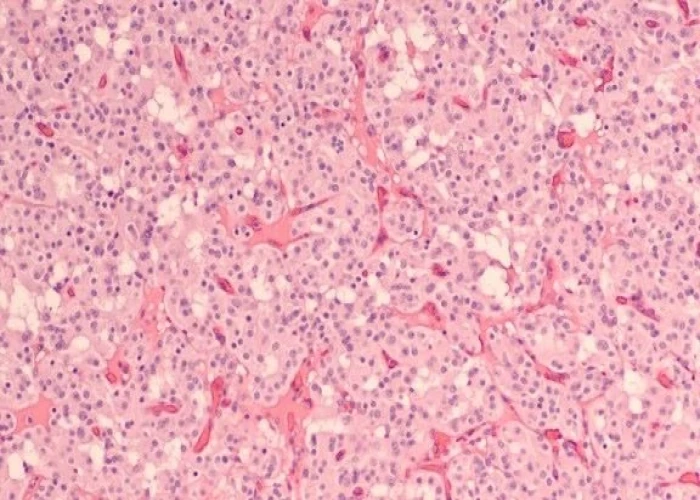
Pancreatic cysts

Dry mouth
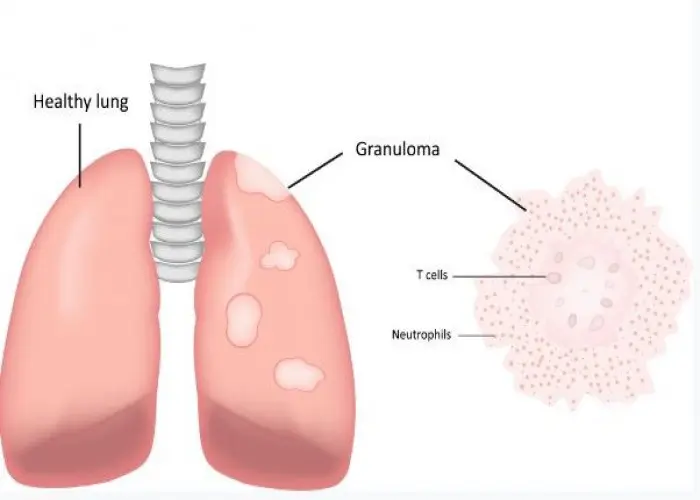
Granulomatosis with polyangiitis
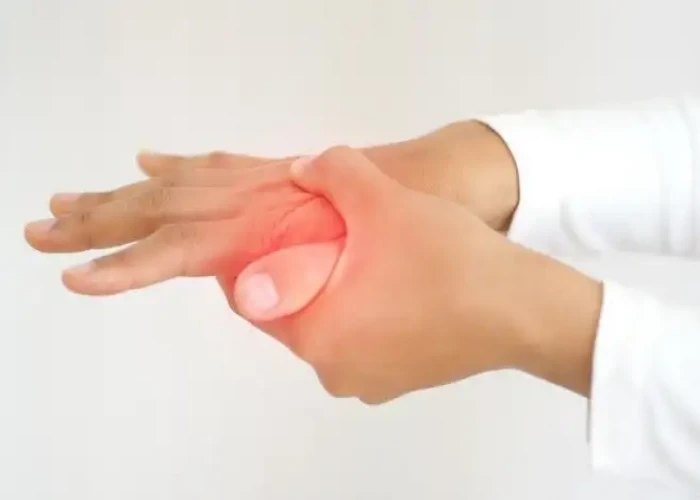
Septic arthritis
end-stage renal disease, শেষ পর্যায়ে রেনাল ডিজিজ
To be happy, beautiful, healthy, wealthy, hale and long-lived stay with DM3S.
